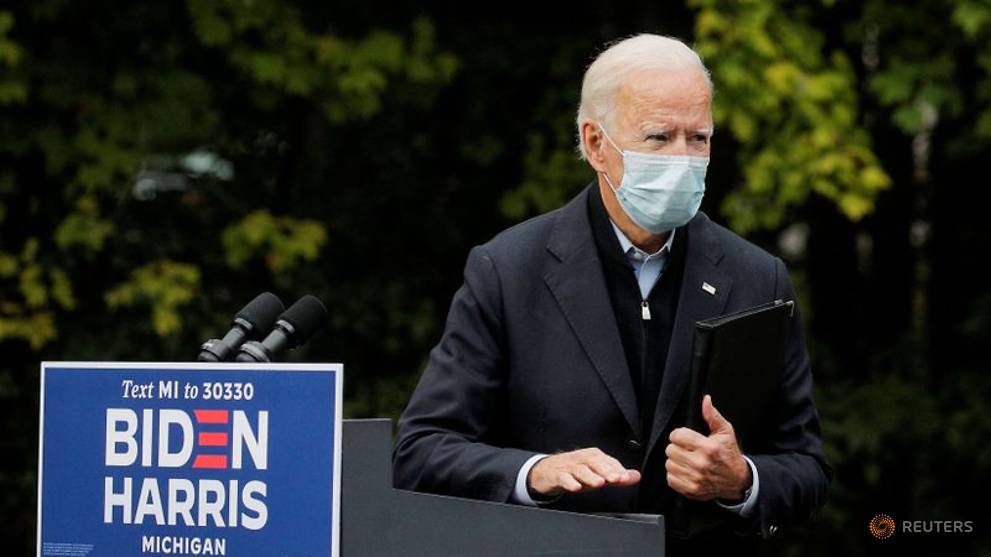KUALA LUMPUR: Malaysian Prime Minister Muhyiddin Yassin will undergo a 14-day home quarantine, after a minister who attended a meeting he chaired tested positive for COVID-19.
In a statement on Monday (Oct 5), Mr Muhyddin said he had earlier chaired a special National Security Council meeting on Saturday, which was also attended by Minister in the Prime Minister’s Department Zulkifli Mohamad Al-Bakri.
The minister has since tested positive for COVID-19 and is seeking treatment in a hospital in Seremban, he added.
Mr Muhyddin said he would undergo self-quarantine at his residence for 14 days based on the Ministry of Health's advice.
"However, this will not affect government affairs. I will continue to work from home and have video calls for meetings that have to be chaired by me," he said.
The prime minister added that the Ministry of Health has conducted COVID-19 detection screening test on all attendees and the secretariat of the Saturday meeting.
He also said that as a precaution, he has been undergoing swab test every two weeks since April and all results were negative.
Earlier, Dr Zulkifli, who is in-charge of religious affairs, confirmed in a Facebook post that he had tested positive for COVID-19 and was in good condition.
“I urge members of the public present at events which I also attended from Sep 24 to Oct 4 to undergo COVID-19 health screening in any health clinics immediately,” he said.
The minister did not experience any COVID-19 symptoms at the time of the meeting on Saturday, according to a statement issued by Health Ministry director-general Noor Hisham Abdullah.
“... (he) has now been admitted into hospital for isolation, observation and treatment according to the current protocols for COVID-19 positive cases,” Dr Noor Hisham said.
The director-general added that all close contacts of this individual at the meeting have been served a Home Surveillance Order for 14 days beginning the day of contact.
READ: Malaysia will not re-impose COVID-19 curbs for now despite spike
The rest of the attendees who were not close contacts of the individual were required to undergo self-health monitoring at home every day for 14 days, he said.
All attendees have undergone health screening on Monday and their samples have been taken for COVID-19 detection tests.
Separately, contact tracing was ongoing, with screening and swab tests being part of the actions, Dr Noor Hisham said.
Saturday's meeting came after a surge in the number of cases in the country.
The COVID-19 pandemic appeared to be under control in Malaysia between June and August, until cases started to rise again in September.
Majority of the cases were detected in Sabah, and the government had said that the outbreak stemmed from undocumented migrants.
On Monday, Malaysia reported yet another day of record high cases. The 432 new cases brought the total so far to 12,813.
BOOKMARK THIS: Our comprehensive coverage of the coronavirus outbreak and its developments
Download our app or subscribe to our Telegram channel for the latest updates on the coronavirus outbreak: https://cna.asia/telegram
https://news.google.com/__i/rss/rd/articles/CBMicmh0dHBzOi8vd3d3LmNoYW5uZWxuZXdzYXNpYS5jb20vbmV3cy9hc2lhL21hbGF5c2lhLW11aHlpZGRpbi1xdWFyYW50aW5lLXJlbGlnaW91cy1taW5pc3Rlci1wb3NpdGl2ZS1jb3ZpZC0xMzIwMzYxNtIBAA?oc=5
2020-10-05 10:22:01Z
52781102755253


